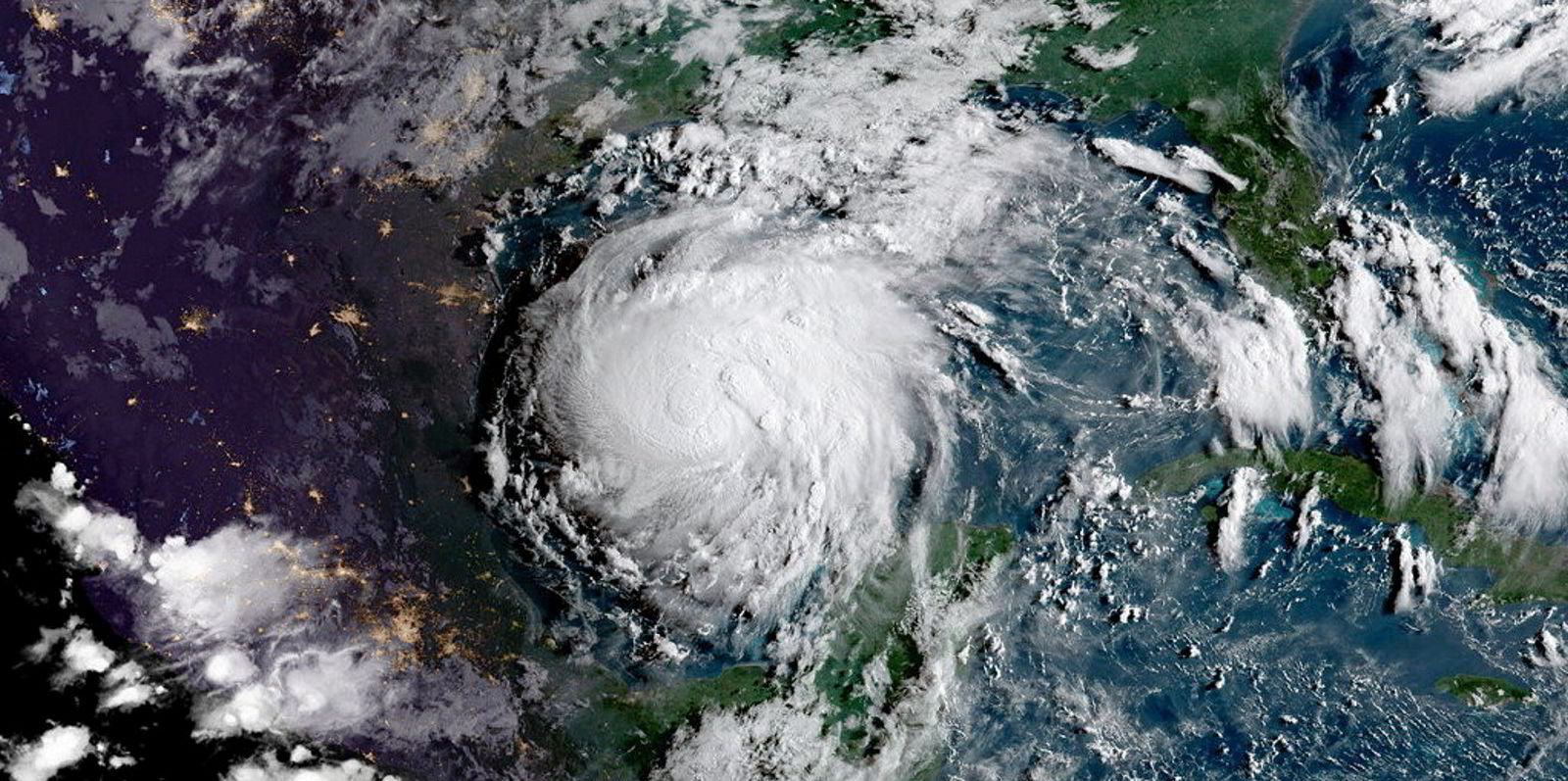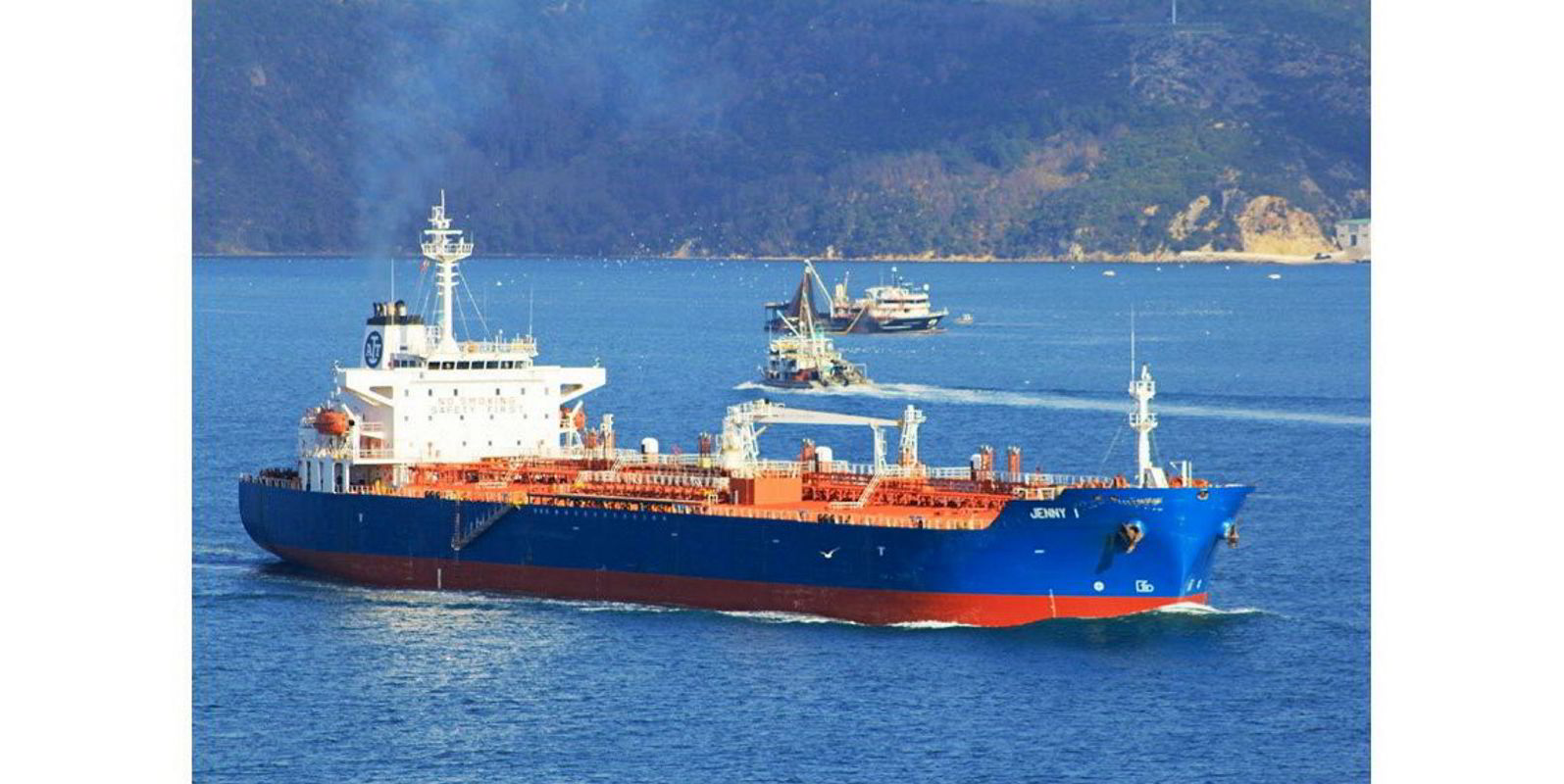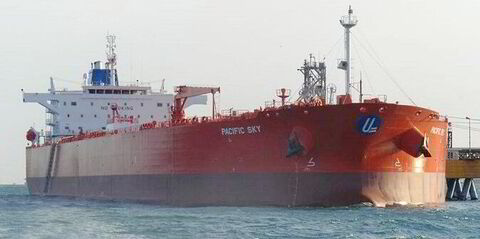An expected increase in oil products trading on transatlantic routes is set to wipe the disappointing start of 2023 for MR2 tankers, says the BRS Group.
US gasoline demand is yet to peak while Europe is looking to the US to replace the diesel volumes it once imported from Russia, which could provide a welcome boost to the MR clean product tanker market.
MR2s — medium-range tankers that range in size from 45,000 to 55,000 dwt — are yet to approach the highs of the end of 2022, when a non-scrubber, non-eco ship from northwest Europe to the US Atlantic coast topped $50,000 a day. Rates are currently at $23,000 a day, said BRS in a research note.
The broking house said the sector’s struggles were linked to high levels of tonnage west of Suez with few options to go east if owners are unwilling to carry Russian cargoes.
But low inventories and the forecast of hurricane-affected trade in 2023 after a quiet season last year should increase US gasoline imports that could “potentially drive short-term spikes in MR2 hire rates”, BRS said.
Atlantic basin MR2 demand is being driven by demand for US diesel in Europe, which is experiencing a rare premium on backhaul trades heading east, the shipbroker said.
ExxonMobil is ramping up output at its expanding refinery in Beaumont, Texas, with diesel from the plant primarily expected to go to Europe.
“Despite today’s relatively poor returns, all signs suggest that this summer should be bright for western MR2 demand,” BRS said.
MR rates shot up last week after more cargoes emerged in the Atlantic. The Baltic Exchange MR Atlantic Basket reported time charter equivalent daily rates of $35,186 on Tuesday.
That marked a significant increase on the $14,000 in the middle of the month but well down on the peaks that coincided with the EU embargoes of Russian oil on 5 December for crude and products two months later. The basket, which measures the Europe to US and backhaul routes, hit nearly $75,000 in December.(Copyright)




